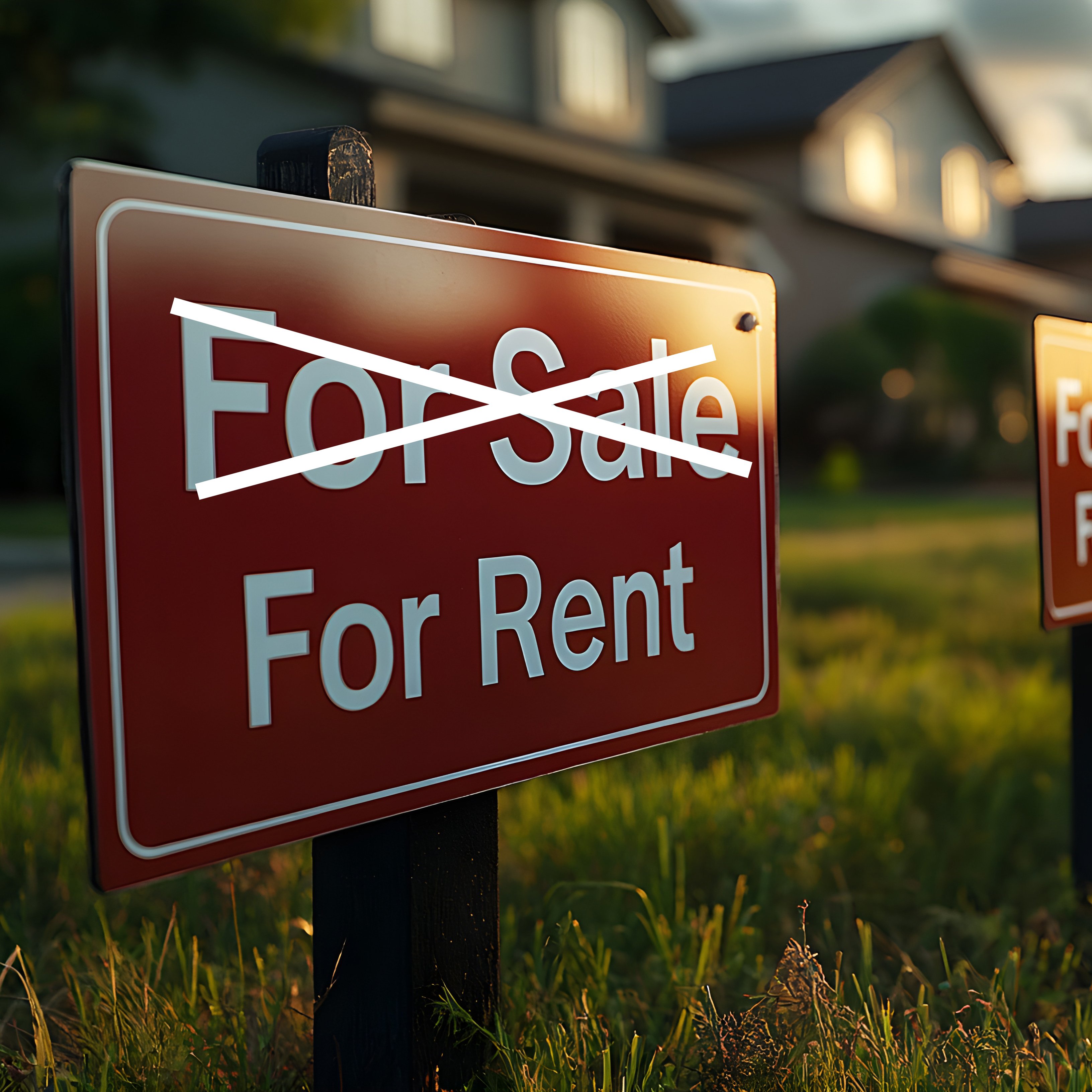4 MIN READ
4 MIN READ
The Housing Market Slump and Its Effects on Storage Demand
August 02, 2025

In the storage industry, 70% of users are residential, and of those, 70% rent storage units because they are in the process of moving. This could be moving back home after college, relocating a parent to a senior living facility, or transitioning from an apartment to a first home.

With home sales currently down 25% compared to the 20-year average, that’s a significant drop in potential movers, and we know moving is a key driver of self storage users. Running the math all the way, 1,600,000 typical storage users are out of the market because of the slowdown in home sales, which represents an 11% drop in potential storage users. This is rough, rough math, but the story is true, the headwind for self storage currently is slow single-family home sales. In fact, slower than during the Great Financial Crisis.
The Challenge for First-Time Home Buyers
First-time homebuyers are facing unprecedented challenges. According to this WSJ article, in 2021, the income needed to purchase the median home in the US was $79,000. Today, that figure has skyrocketed to $127,000—a staggering 60% increase in the income required. Shocking, isn’t it?
The Real Estate Pendulum
Real estate trends swing like a pendulum—sometimes slowly, sometimes quickly—but it almost always swings back. Currently, single-family home purchases in 2024 are down 40% compared to the 20-year average, marking the lowest level in two decades. While the situation feels dire, the pendulum will inevitably reverse course. Triggers for this shift could be lower interest rates, of course, rising apartment rents, or even unconventional factors. For instance, baby boomers, now aged 61–79, are beginning to transfer wealth on an unprecedented scale. This generational shift could provide significant down payments for their kids and grandkids.
Additionally, advances in home construction methods could make building new homes more affordable and efficient. Even government intervention through incentives for first-time buyers could play a role. Or perhaps we’ll see a combination of all these factors.
Why It Matters
The steep decline in first-time home purchases has broader implications, particularly for long-term financial security. Homeownership serves as a kind of forced savings plan. Over time, home values appreciate, allowing owners to build equity. Homeowners can refinance, pulling equity to reinvest in the economy. The growing divide between homeowners (the "haves") and renters (the "have-nots") is a real and widening issue. The larger this gap grows, the more financial insecurity takes root, leading to widespread dissatisfaction. This discontent can eventually result in unrest—something that affects all of us.
See More Posts
LOAD MORE
3 MIN READ
Self Storage Acquisitions Are Heating Up
- Self Storage Industry
LOAD MORE
